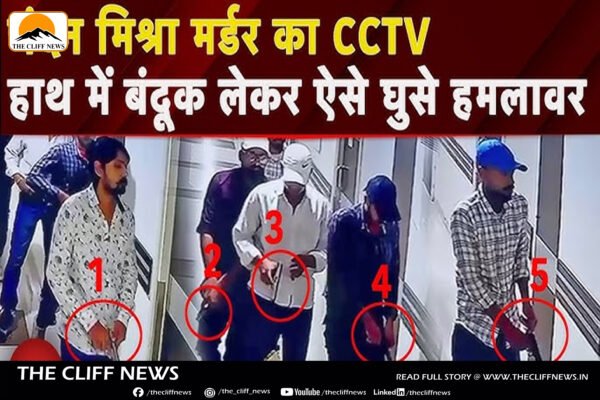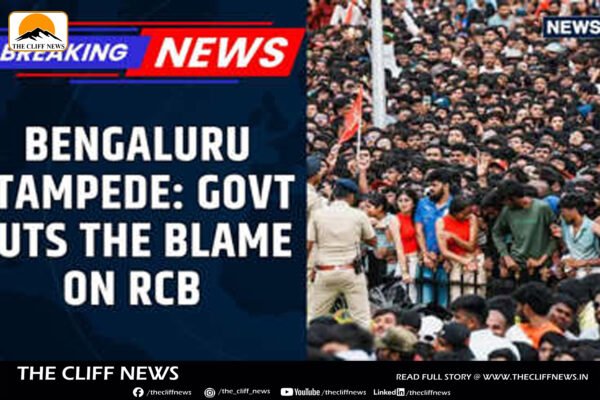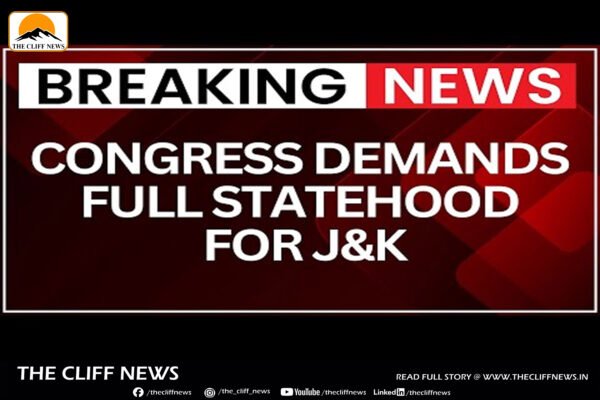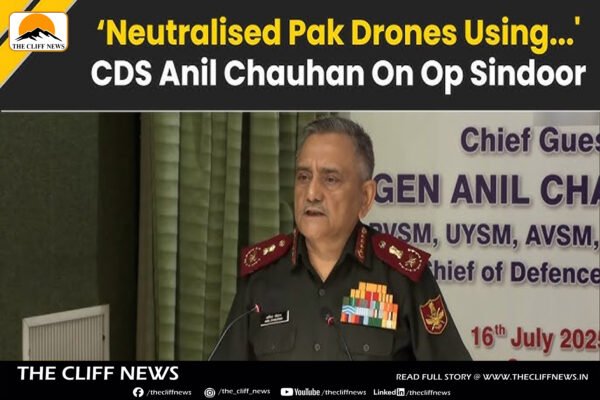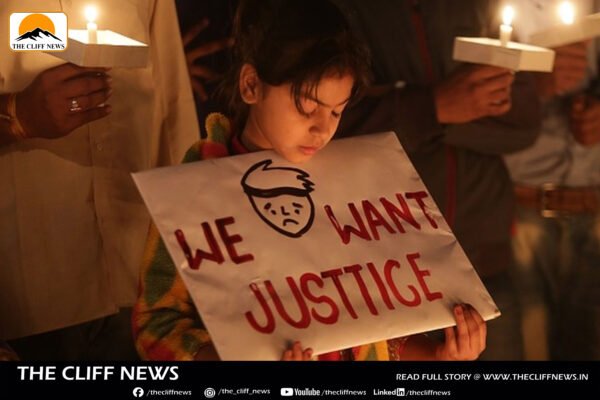Andhra Woos Aerospace Industry After Karnataka Scraps Land Acquisition for Park
In a swift move to attract aerospace investments, Andhra Pradesh Education Minister Nara Lokesh has invited the aerospace industry to consider Andhra Pradesh as a viable alternative after the Karnataka government withdrew its controversial land acquisition plan for an aerospace park near Bengaluru. Lokesh took to social media platform X to extend the offer, highlighting Andhra Pradesh’s attractive aerospace policy, which includes “best-in-class incentives” and “over 8,000 acres of ready-to-use land.” Emphasising the strategic advantage of location, he noted that the available land is just outside Bengaluru, making it a convenient option for industries looking for proximity to India’s tech capital. The pitch came shortly after Karnataka Chief Minister Siddaramaiah announced the cancellation of the acquisition of 1,777 acres of fertile farmland in Devanahalli taluk, near the Kempegowda International Airport. The move came in response to persistent protests by local farmers who opposed the acquisition due to the land’s agricultural significance and its centrality to their livelihoods. “In keeping with our commitment to protect farmers’ interests and safeguard fertile agricultural land, the Government of Karnataka has decided to completely withdraw the land acquisition process,” Siddaramaiah posted on X. He explained that the decision followed extensive stakeholder consultations and a reassessment of the impact on the local farming community. Siddaramaiah assured that the government would now proceed only with willing sellers and offer enhanced compensation, including higher-than-guideline land rates and larger developed plots. Farmers who choose to retain their land for agriculture can do so without any restriction. The Karnataka government’s move underscores its focus on inclusive development, while Andhra Pradesh is seizing the moment to attract industries looking to relocate.


